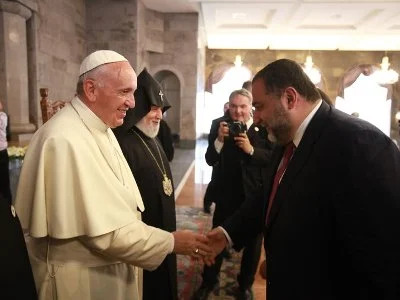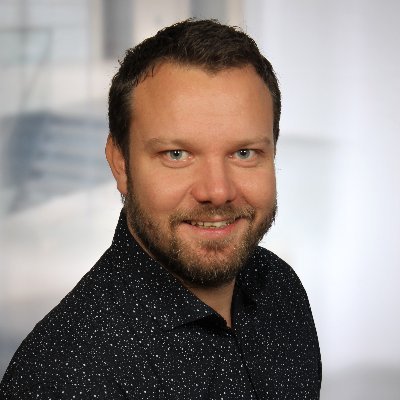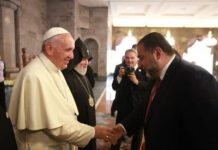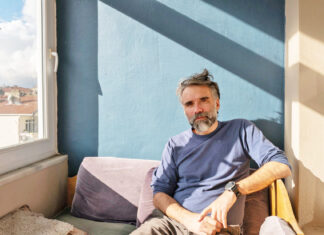Although there are five months to go before the scheduled opening of the UN climate summit COP29 in Baku, November 11 to 22, human rights groups in Germany have been mobilizing to demand that the Berlin government act to release political prisoners held in the Azerbaijani capital.
As reported in the daily Frankfurter Rundschau on June 13, a coalition of Armenian and German groups have issued a call for protest: “The Central Council of Armenians in Germany (ZAD), the Society for Threatened Peoples (STP), the International Society for Human Rights (ISHR), and the Working Group Recognition – Against Genocide, for International Understanding (AGA) urgently appeal to the German government and all delegates at COP29 to strongly advocate for the immediate release of all Armenian prisoners in Baku in the run-up to the climate conference.”
In Bonn, from June 3-13, a UN Climate Change preparatory conference for the COP29 took place, with an estimated 6,000 delegates from nations invited to Baku in November. Demonstrators from the ZAD gathered there on June 3 and 7 to protest against Azerbaijani dictator Ilham Aliyev’s “genocidal and fossil energy dictatorship!” Organizers raised banners and posters demanding the release of the political prisoners, as well as prisoners of war, showing their photos and calling out their names.
Defend Armenia’s Sovereignty
In addition to protesting the illegal detention of Armenians from Artsakh, representatives of the organizations have sounded the alarm about continuing threats against the Republic of Armenia. The Frankfurter Rundschau quoted ISHR spokesman Valerio Krüger, who said, “The danger for Armenia is existential,” pointing to the fact that the “Aliyev-Erdogan alliance denies the 1915 Armenian genocide even today.” He added that “Azerbaijani schoolchildren are being indoctrinated about the ‘barbaric Armenian enemies’ …. With the blockade of the Lachin corridor that began in late 2022, the Aliyev regime aimed at starving and driving out the Armenians, many of whom were arrested during the final military aggression, and are still being detained.”
For his part, ZAD chairman Jonathan Spangenberg told the newspaper, “That such an important climate conference is taking place in a country like Azerbaijan is tragic enough. However, Germany does have the opportunity to intervene strongly for the release of all Armenian prisoners in Baku in the run-up to COP29.” Not only does it have the opportunity, but also a “historical responsibility regarding the Armenian genocide,” he added.








